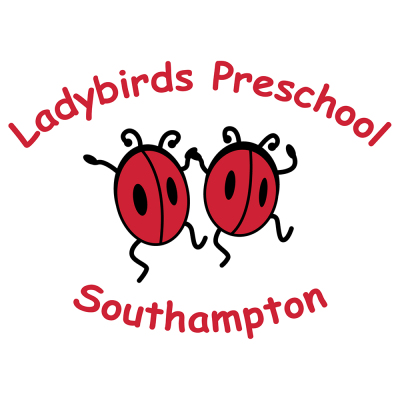The Role of the Keyperson and Settling In
Safeguarding and Welfare Requirement: Key person
Each child must be assigned a key person. Their role is to help ensure that every child’s care is tailored to meet their individual needs, to help the child become familiar with the setting, offer a settled relationship for the child and build a relationship with their parents.
Statement of Intent:
We want children to feel safe, stimulated and happy in the pre-school and to feel secure and comfortable with staff. We also want parents/carers to have confidence in both their children’s wellbeing and their role as active partners with the pre-school.
We aim to visit all children and their families at home prior to entry to the pre-school. The aim of the home visit is to build the relationship between that of the key person and the family. We aim to ease the transition between the home and setting for the child and family through our visit.
Home Visits:
- Each child and their family will be visited at home by 2 members of the Ladybirds team. One being the child’s allocated keyperson. This allows one team member to talk with parents and the other to interact/play with the child
- The visit will be pre-arranged with the family at a time that suits them. Visits will only be arranged during the settings working hours.
- The visits will be arranged at approximate times to allow for flexibility and travel between homes. The visit will be approximately 30 minutes, where together we will complete relevant forms and consent forms
- During the home visit the team members will discuss the child’s family life, their interests and needs and general information to provide a base for planning suitable activities and next steps.
- Relevant health information will also be recorded.
- Parents will be left a small document to complete, where they are asked to indicate their child’s current development levels, to share with the key person to help plan suitable next steps
Settling – In
We aim to make the setting a welcoming place where children settle quickly and easily.
- Before a child starts pre-school, their parents/carers and child are invited into pre-school for a stay and play session so you can see what a pre-school session looks like and your child starts to become familiar with the surroundings. This enables both parents/carers and the child to also start to build a relationship with the staff team and their keyperson.
- Due to ratios parents/carers are required to stay with their children for these sessions, unless otherwise agreed by preschool
- We allocate a key person to each child. The key person will welcome and look after the child during their early sessions and work with the child on a daily basis in small group times. The key person will work in partnership to share information with parents/carers and plan for their needs, interests and next steps.
- We have an expectation that the parent, carer or close relative, will stay for some of the child’s first session to help settle them. Once you leave you are able to call the pre-school as often as you like to check on how they are doing.
- We will always call you if we feel your child has become too distressed and cannot be distracted.
- When parents leave, we ask them to say goodbye to their child and explain that they will be coming back and when
- Once the child has started preschool parents/carers are welcome to stay or visit the pre-school at any time without prior agreement. This will enable you to not only see how your child is settling in but also to get involved in the pre-school.
The progress check at age two
- The key person will carry out the progress check for our under threes within six weeks of them starting at pre-school, in accordance with our local procedures that are in place
- The progress check aims to review the child’s development and ensures that parents have a clear picture of their child’s development
- Within the progress check, the key person will note any areas where the child is progressing well and identify areas where progress is less than expected
- The progress check will describe the actions that will be taken by us to address any developmental concerns and work in partnership with parents and other professionals (if required) to plan next steps
Settling in reports
- All children who join us will receive a written settling in report which will also have a review of your child’s development, how well they have settled in and planned activities to meet your child’s needs to enhance their learning, both in the setting and at home
|
Document ID-
|
Policy adopted at meeting – Oct 2017 |
Reviewed by : Ladybirds Directors
|
|
Date reviewed |
Reviewed 7/11/2019 in setting needs adopted at Directors
|
27/03/2024 Zoe Marler-Hausen |
|
Oct 2017 |
|
|
|
Feb 2018
|
|
|

